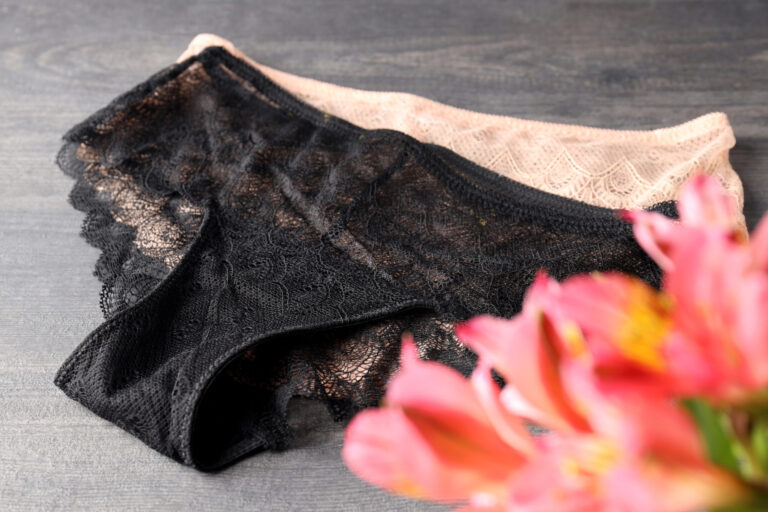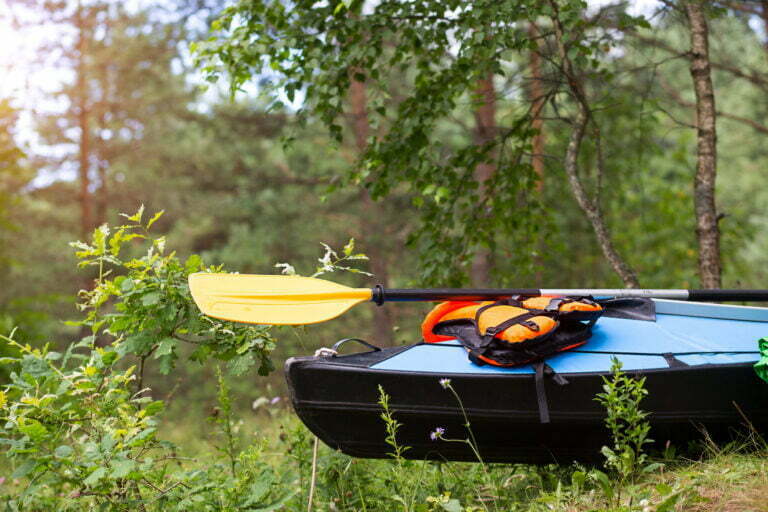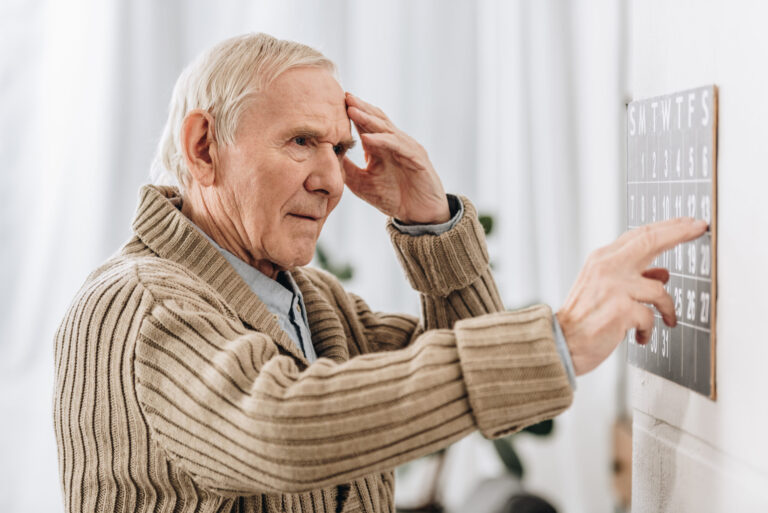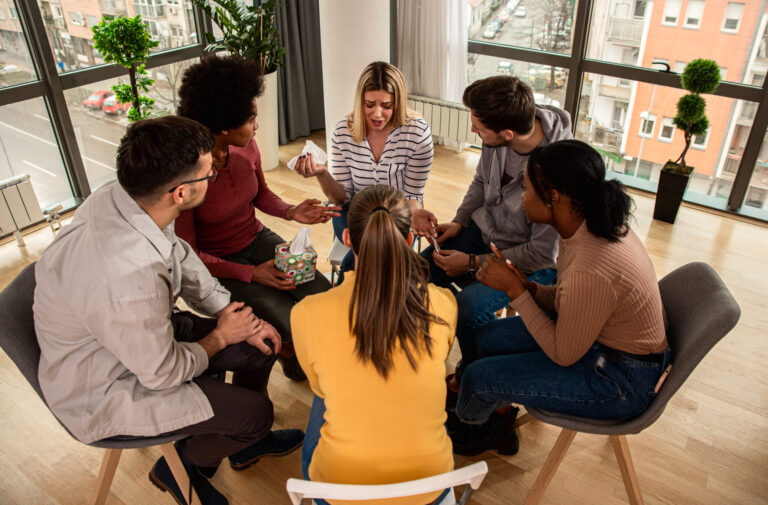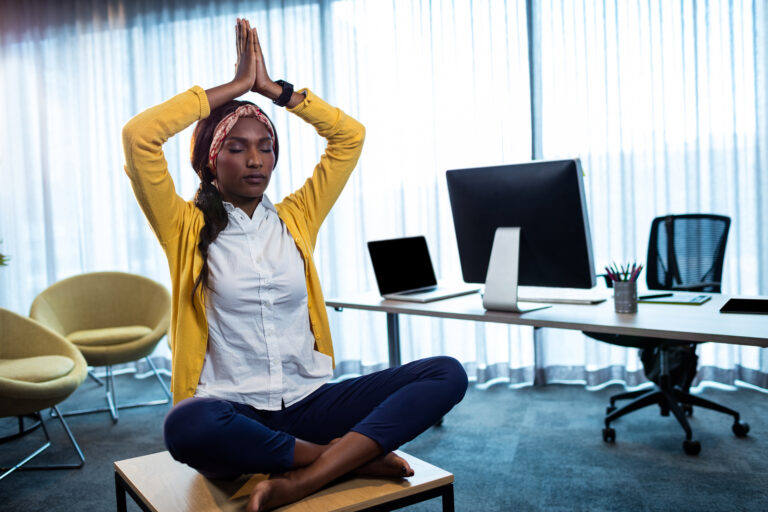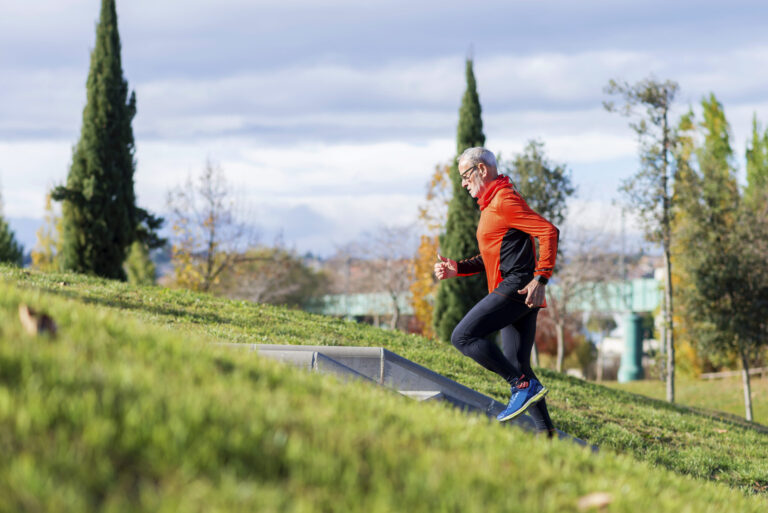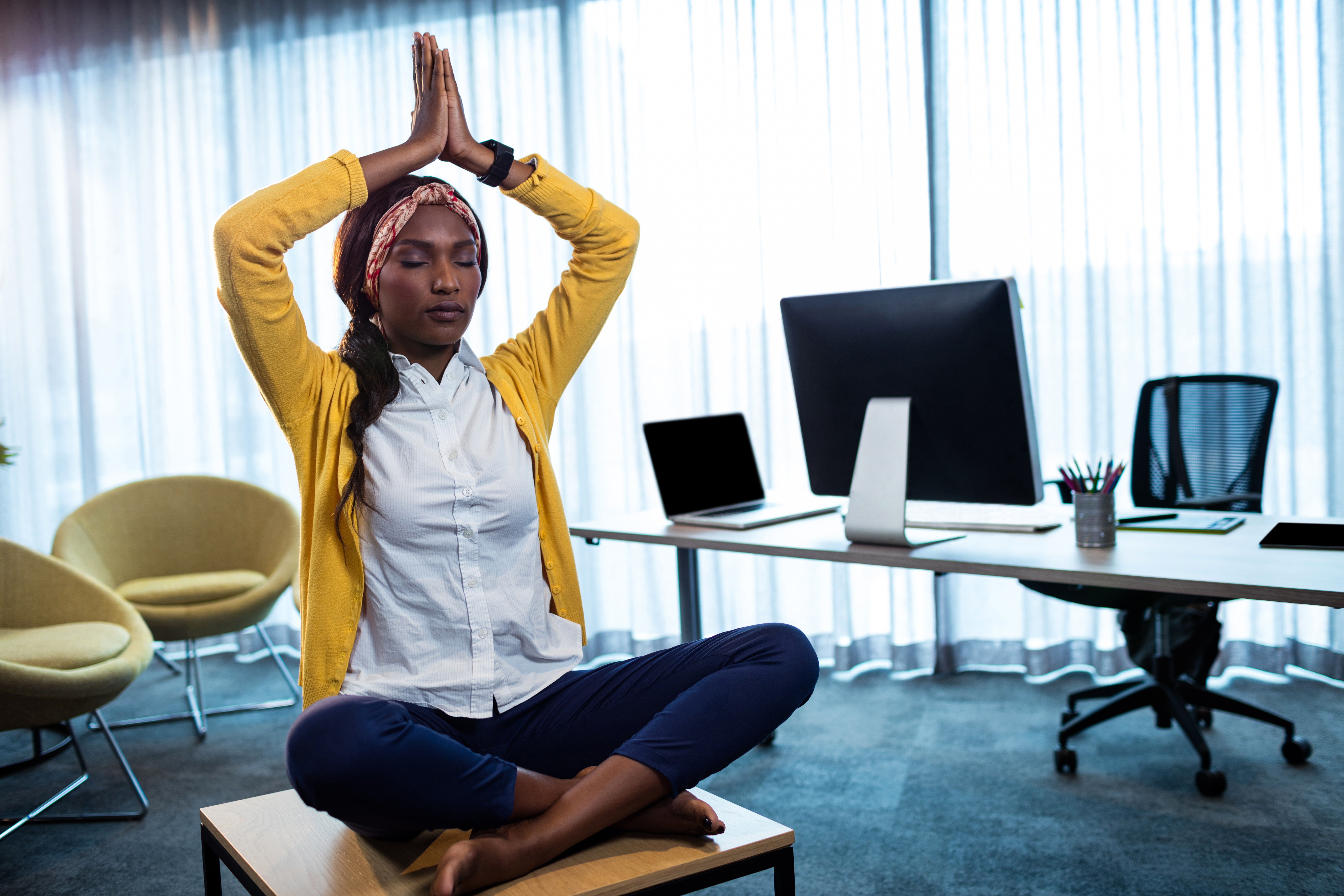Stress and anxiety are not only common aspects of modern life but increasingly significant health concerns with far-reaching implications. Left unchecked, they can derail our mental equilibrium, affect physical health, and eclipse the joy of everyday life. Fortunately, there are both big and small ways to combat these issues and reclaim a sense of calm and control. Keep reading to explore a variety of strategies that can help you mitigate stress and anxiety, and enhance your overall well-being.
Understanding the Impact of Stress and Anxiety on Your Well-Being
The effects of stress and anxiety on an individual’s life are profound and multifaceted. While short-term stress can be a motivating force, chronic stress, and ongoing anxiety can lead to a plethora of health problems, including heart disease, depression, and weakened immune function. Recognizing the signs of stress and anxiety is the first step toward managing them effectively.
Stress and anxiety can also disrupt sleep patterns and concentration, affecting one’s professional and personal life. They often create a vicious cycle, where the more one worries, the more one has to worry about. It’s essential to break this cycle as early as possible to prevent further complications.
Given that anxiety disorders are the most common mental illness in the U.S., affecting millions of adults, it’s crucial to understand that you are not alone in this battle. Many resources are available to help individuals cope, including counseling services from a Charlotte, NC anxiety therapist who can provide personalized strategies and support.
Creating a Supportive Environment to Combat Anxiety

The surroundings where we spend most of our time can have a significant impact on our stress and anxiety levels. A cluttered, chaotic environment can contribute to a sense of disarray and pressure. Conversely, a clean, organized space can offer a sense of calm and control. Taking the time to shape your environment so it’s conducive to relaxation is an important step in anxiety management.
Beyond the physical space, building a social environment that nurtures emotional well-being is equally crucial. Surrounding yourself with positive influences and supportive individuals can foster a sense of community and connectedness, acting as a buffer against stress.
Additionally, exploring stress-reducing products can be a way to create a supportive environment. From essential oils to ergonomic furniture, and even a UTV wiring harness kit to ensure a smooth and worry-free off-roading experience for UTV owners. Like the harness kit, there are a plethora of tools designed to reduce stress in various aspects of life.
Furthermore, regular engagement in hobbies and activities that bring joy can act as a form of self-care and a release valve for the pressures of daily life. Whether it’s painting, reading, or gardening, having a go-to activity can provide a welcome distraction from anxiety and contribute to a balanced life.
Incorporating Physical Activity Into Your Routine for Stress Relief
Engagement in regular physical activity is a powerful stress reliever. It not only boosts your endorphins, which are natural mood lifters, but it also improves sleep and self-image. Finding a form of exercise that you enjoy, be it walking, yoga, or high-intensity interval training, could be a game-changer for managing stress levels.
Exercising can also serve as a form of meditation, focusing the mind on the movements and breath, thereby reducing the flow of constant worries running through the head. Additionally, being active increases resilience by exposing you to low-level stress in a controlled, predictable way, which trains your body to handle life’s stressful situations better.
Mindfulness Techniques for Immediate Stress Reduction
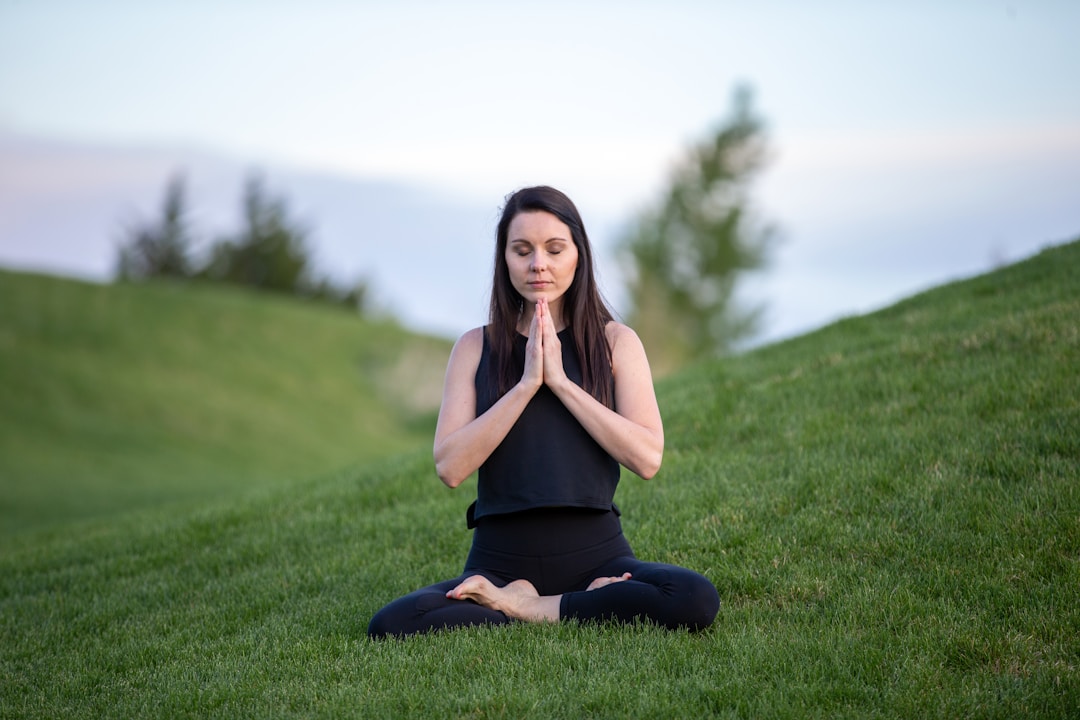
Mindfulness practices are increasingly popular as immediate stress reduction tools. These techniques focus on bringing one’s attention to the present, fostering a state of nonjudgmental awareness. By doing so, individuals can observe their thoughts and feelings without being consumed by them.
Simple practices such as guided imagery, deep breathing exercises, and meditation can quiet the mind and induce a state of relaxation. Engaging in these practices regularly can actually alter the brain’s response to stress, making these tools powerful allies in the fight against anxiety.
Altogether, managing stress and anxiety requires a multifaceted approach that includes maintaining physical health, nurturing mental resilience, and creating a restorative environment. Overall, with the right combination of lifestyle changes, mindful practices, and a supportive network, each of us has the capacity to lead a less stressful and more harmonious life.





